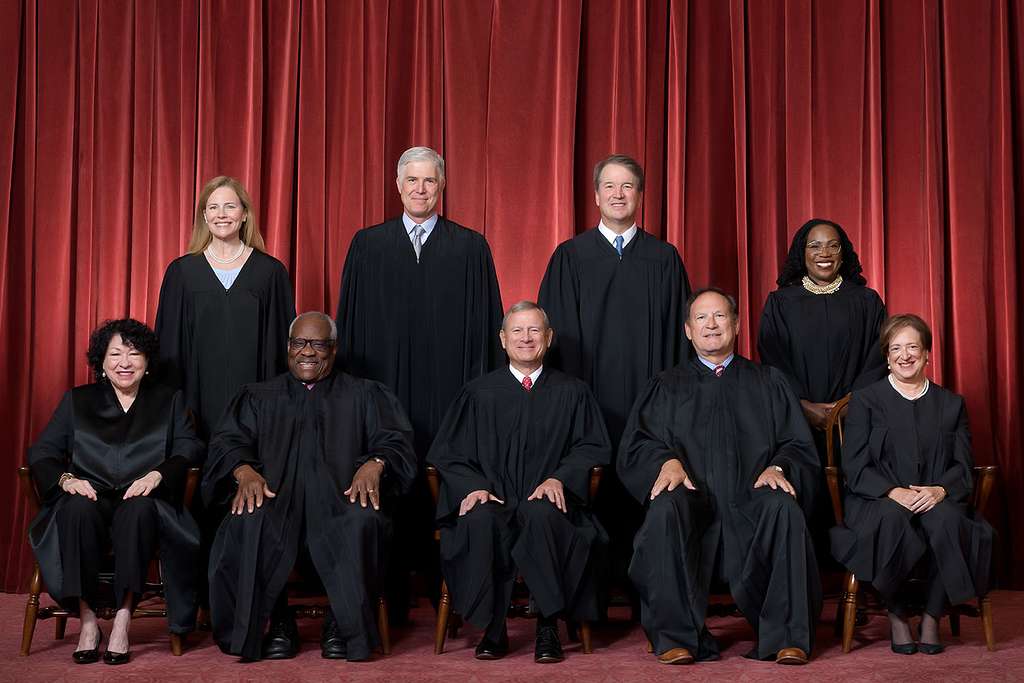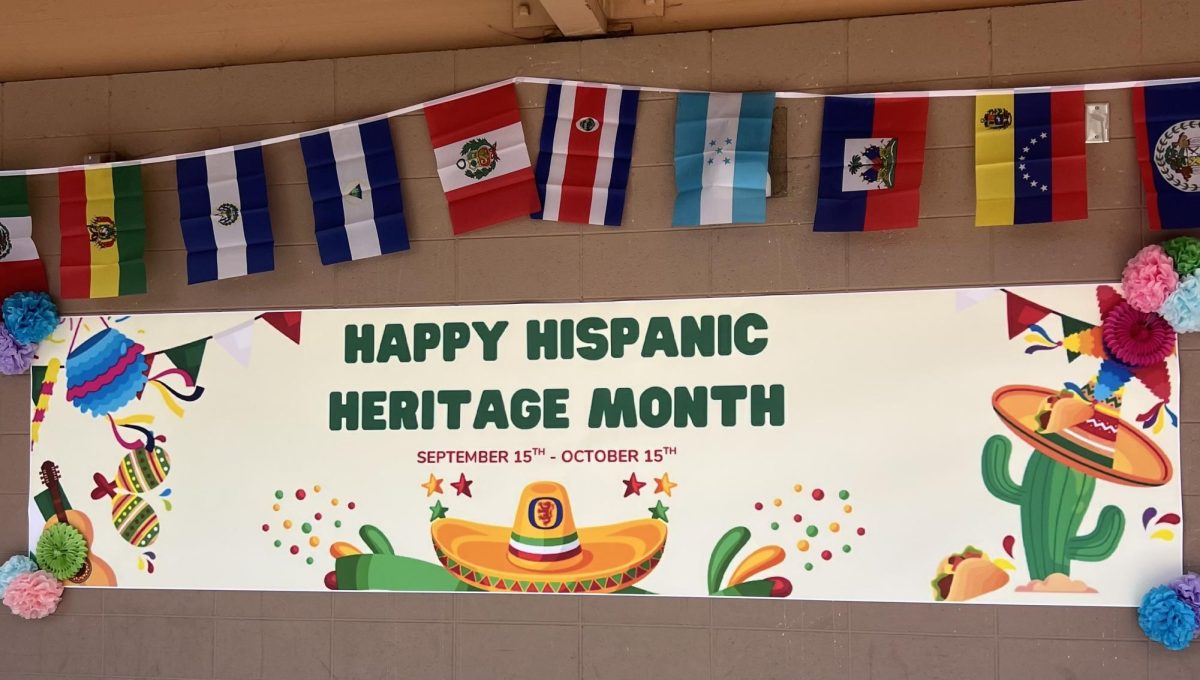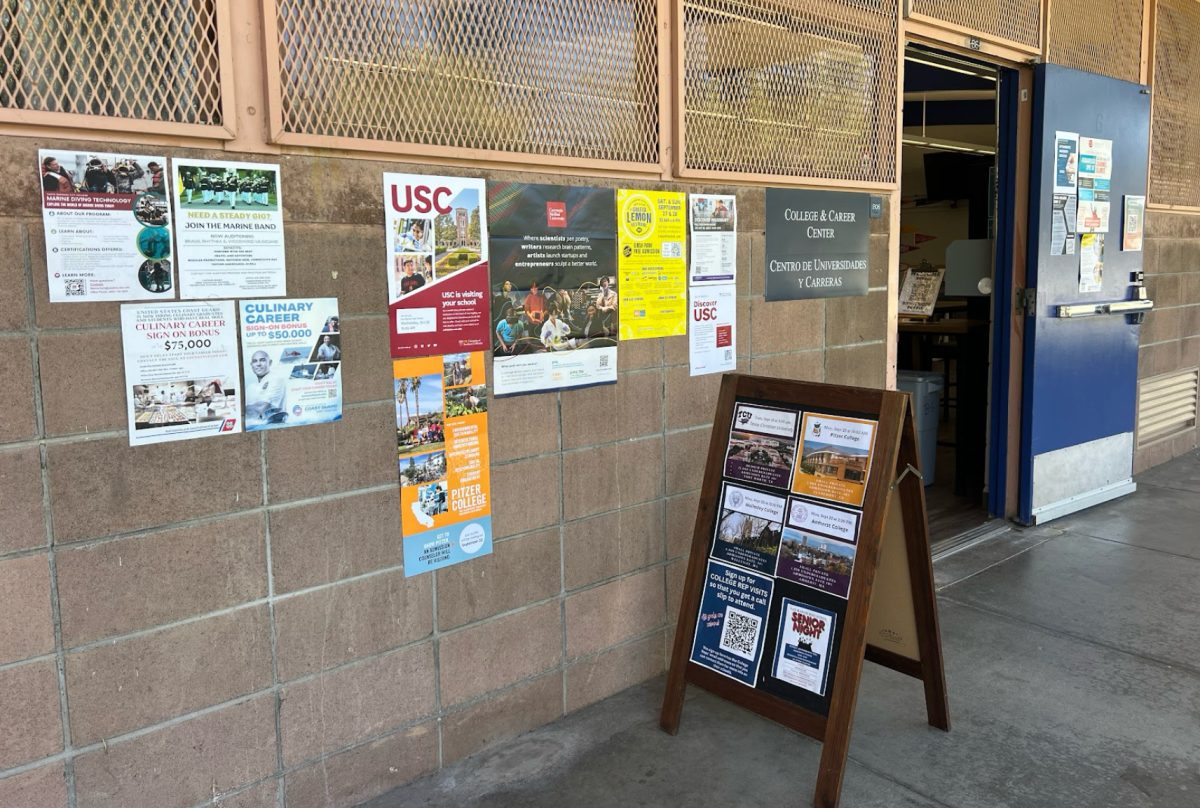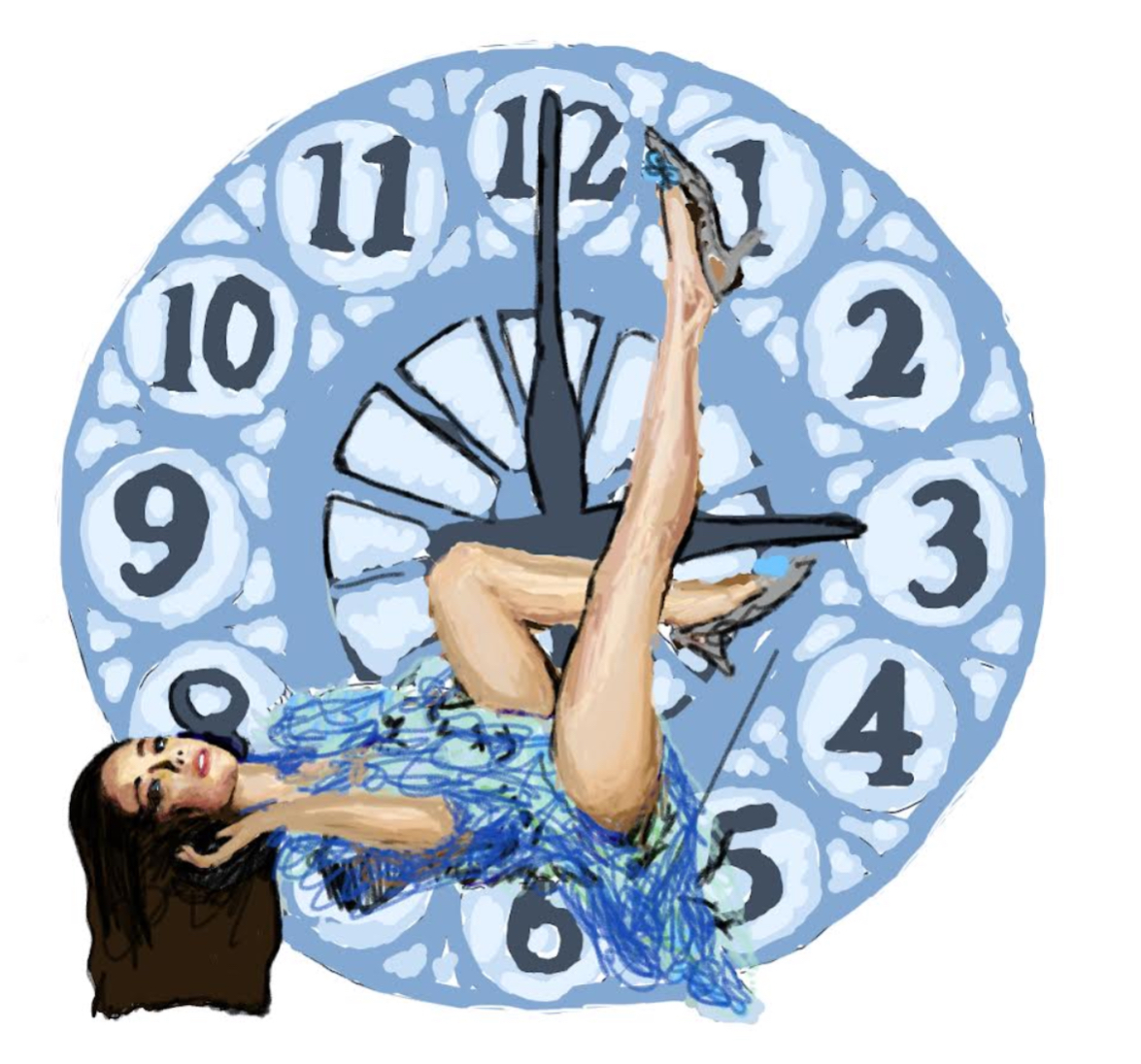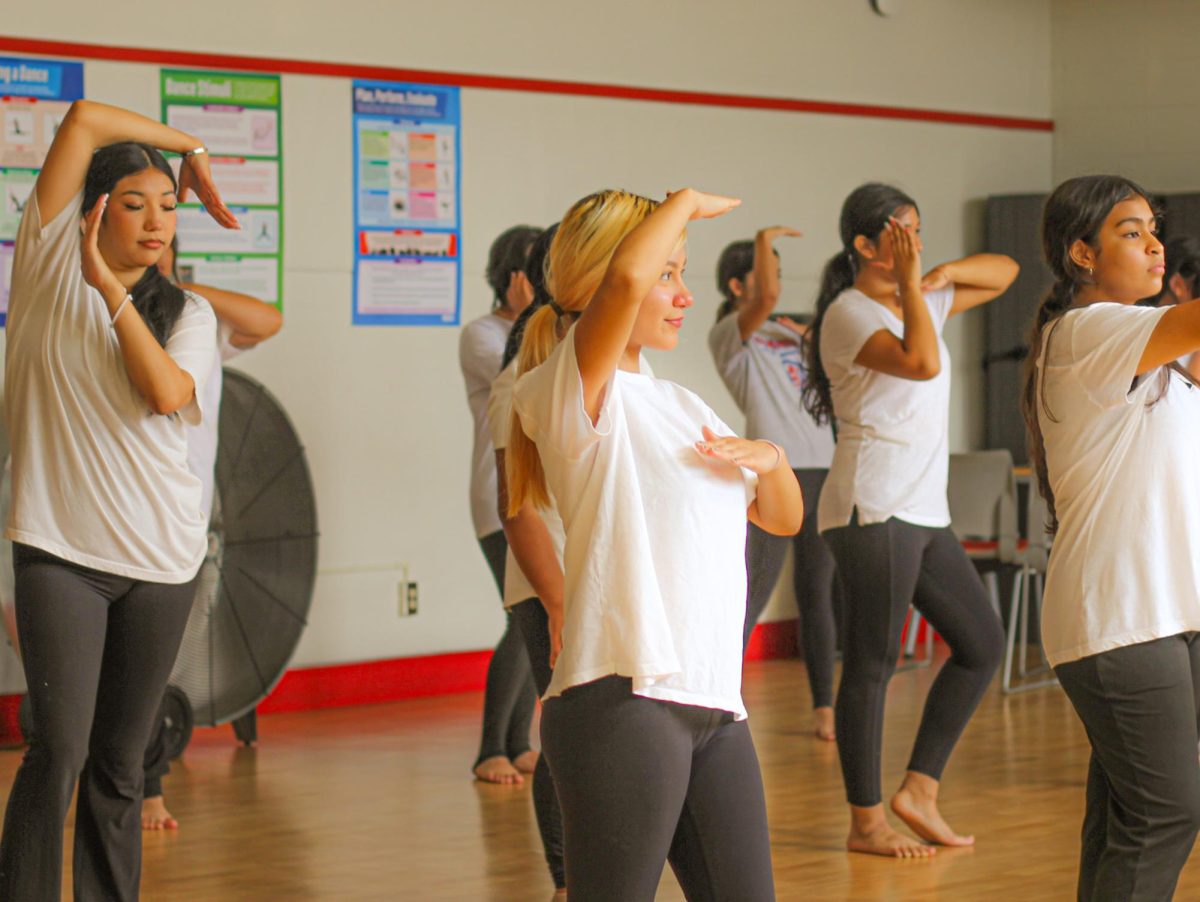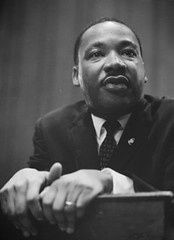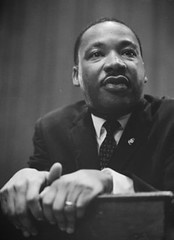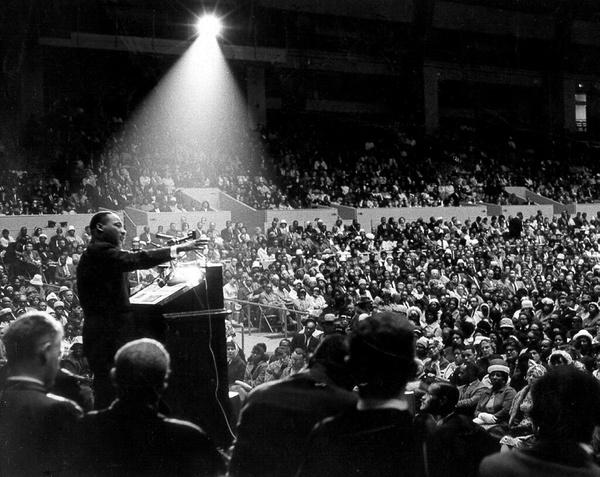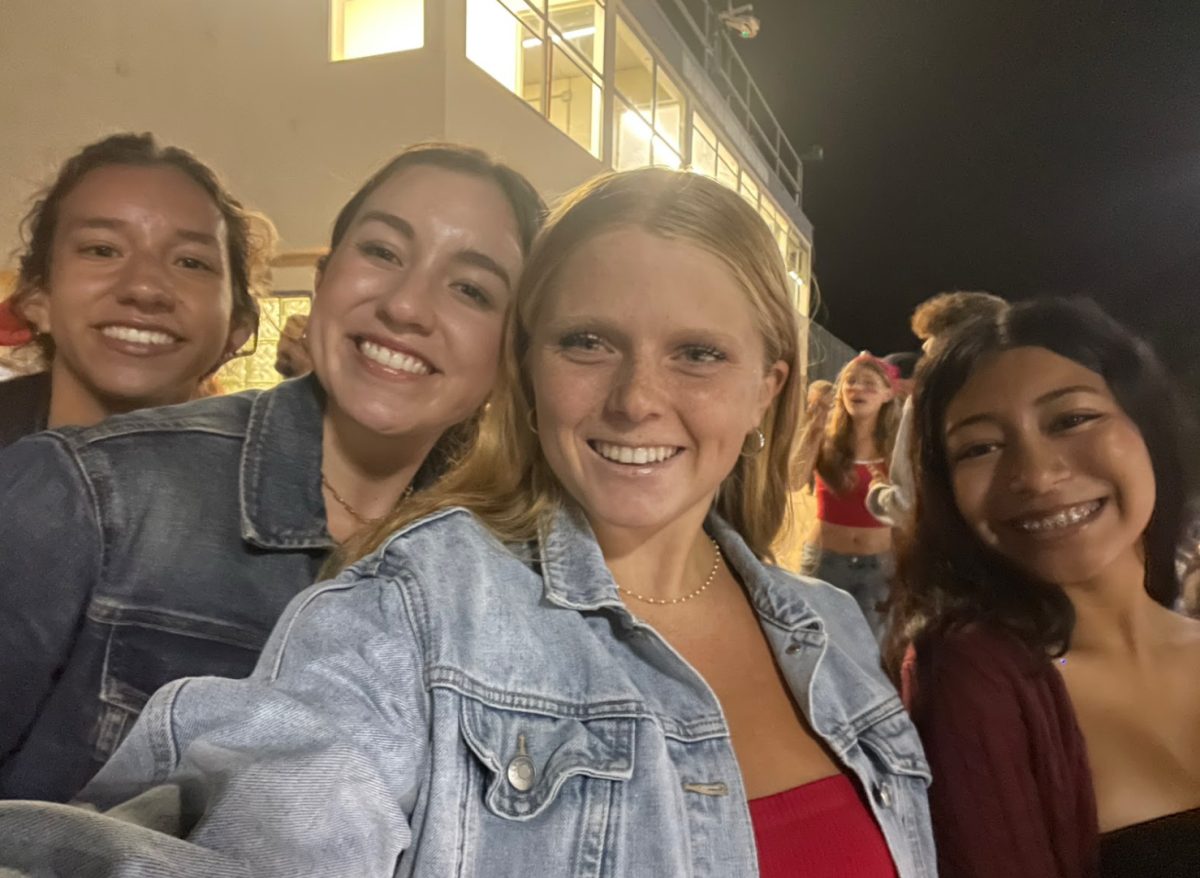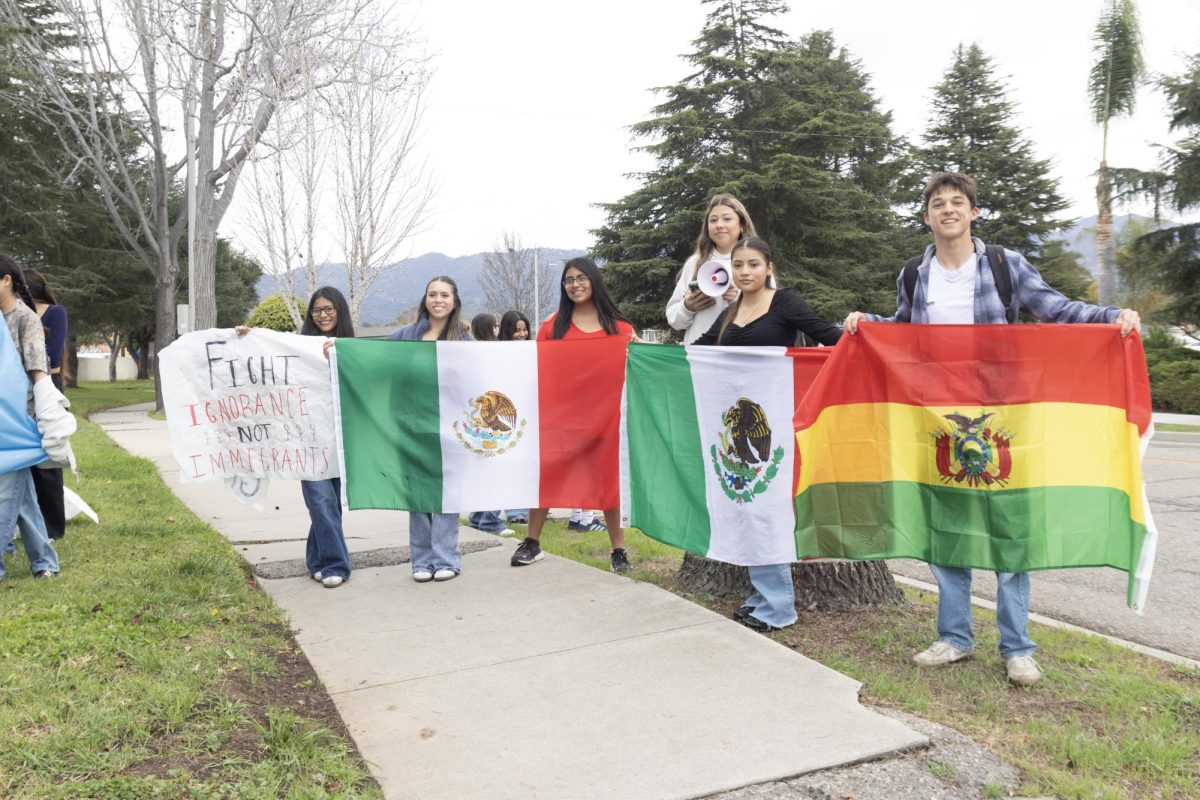Martin Luther King Jr. was born the middle child of Martin King Sr. and Alberta Williams King in Atlanta, Georgia on January 15, 1929. King attended public high school where he was a star on the football team and was described as a precious student. As a result of skipping both 9th and 11th grade, he entered Morehouse College in Atlanta when he was just 15. Despite his family’s deep religious involvement, Martin always questioned religion in general. That was until his junior year in college when he renewed his faith and envisioned following his father’s footsteps in a career in ministry.
King earned his sociology degree from Morehouse College in 1948, and continued his education at the liberal Crozer Theological Seminary in Chester, Pennsylvania. After his last year at seminary, he then enrolled at Boston University after being accepted at several colleges for his doctoral studies.
In 1954, King became pastor of the Dexter Avenue Baptist Church of Montgomery, Alabama. A year later, at only 25 years old, he had earned his degree and completed his PhD.
After Rosa Parks was arrested for refusing to give up her seat on the Cleveland Avenue Bus in 1955, King met with local civil rights leaders to plan a boycott. He was elected leader for his strong credibility with the Black community.
In his first speech to the boycott group, he declared, “We have no alternative but to protest. For many years we have shown an amazing patience. We have sometimes given our white brothers the feeling that we liked the way we were being treated. But we come here tonight to be saved from that patience that makes us patient with anything less than freedom and justice.”
This skillful rhetoric put energy into the civil rights movement in Alabama. The boycott lasted 382 days of violence and harassment. However, the African American community took legal action, resulting in the city of Montgomery lifting the law mandating segregated public transformation.
Ministers and civil rights activists founded the Southern Christian Leadership Conference in 1957. This group organized power in black churches, created many non-violent protests to promote civil rights, and focused on liberating African Americans in the voting process. King’s participation in the organization gave him a national platform which allowed him to meet with religious and civil rights leaders and lecture race-related issues all over the country.
The historical March of Washington attracted more than 200,000 people at the Lincoln Memorial on August 28, 1963. This was the event that drew attention to the challenges and inequalities that African Americans face in America. Martin Luther King Jr. gave his famous “I Have a Dream” speech, emphasizing his beliefs and hope that one day all could be treated equally.
“I have a dream that my four children will one day live in a nation where they will not be judged by the color of their skin but by the content of their character.”
After many more speeches, marches, protests, and a Nobel Peace Prize, Martin Luther King Jr. was assassinated on April 4th, 1968, while standing on the balcony outside his room at the Lorraine Hotel in Memphis, Tennessee.
King’s life had a historic impact on racial injustices in America. Years after his death, he is still the most widely known African American leader of his era. In 1983, President Ronald Reagan signed a bill creating Martin Luther King Jr. Day, a federal holiday honoring the life, work, and legacy of the civil rights leader. Many schools and public buildings have been named after him, and several memories and monuments are made in his honor. His achievements and influence are celebrated on the third Monday of January every year, in the recognition of the icon’s birthday. MLK day is an opportunity to celebrate his teachings and to educate society of racial injustice.


